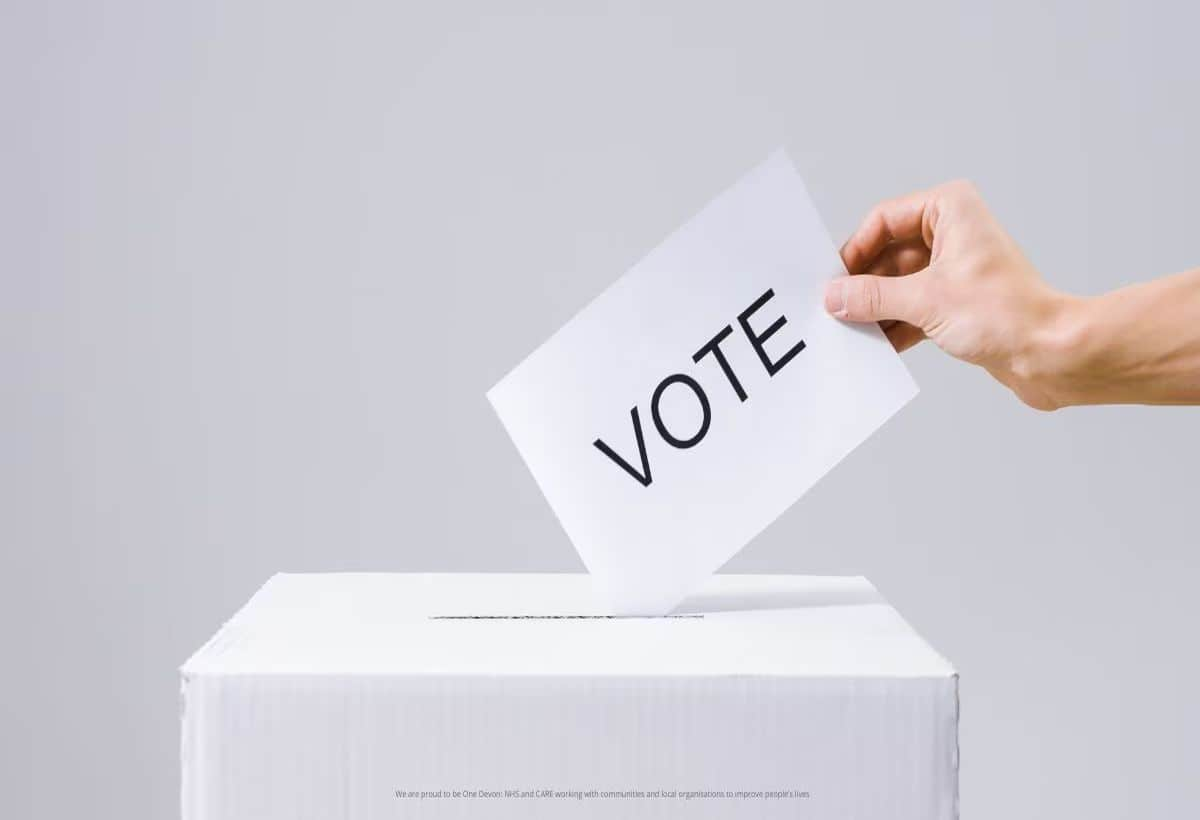Introduction
The Indian government is moving forward with an initiative that aims to revolutionize its electoral framework with the ‘One Nation-One Election’ concept. Recently approved by the Union Cabinet, this plan, which arises from the recommendations of the Ram Nath Kovind Committee, seeks to synchronize elections for the Lok Sabha and state assemblies. The proposed amendments to the Constitution are intended to streamline the election process across the country.
Understanding ‘One Nation-One Election’
The ‘One Nation-One Election’ initiative is designed to conduct simultaneous elections for both the Lok Sabha and state assemblies, thereby reducing the frequency of elections and associated costs. The government is set to introduce three key legislative bills to facilitate the implementation of this concept, including two constitutional amendment bills, which aim to establish a unified timeline for elections at various levels of government.
Proposed Constitutional Amendments
Among the critical proposed amendments is a bill aimed at altering Article 82A of the Constitution. This amendment seeks to redefine the ‘due date’ for elections while also introducing provisions for the synchronization of Lok Sabha and state assembly tenures. By modifying Article 83(2), the bill will incorporate new sub-sections that will guide the tenure and dissolution of the Lok Sabha, and modifications to Article 327 will explicitly mention “simultaneous elections.” Notably, this bill will not require support from 50% of state legislatures, easing its passage.
State-Level Consent for Second Amendment Bill
The second proposed constitutional amendment bill is more complex, as it addresses state matters and thus requires the backing of at least 50% of state legislatures. This legislation focuses on centralizing the preparation of voter lists for local body elections. The Election Commission, in consultation with State Election Commissions (SECs), is tasked with preparing accurate voter lists to ensure fair electoral practices in local governance bodies, including municipalities and panchayats.
The Third Bill: Ordinary Legislation
The third bill to be introduced is categorized as an ordinary bill, targeting Union Territories with Legislative Assemblies, such as Delhi, Puducherry, and Jammu and Kashmir. It proposes amendments to three existing legislative frameworks: the Government of National Capital Territory of Delhi Act, the Union Territory Government Act of 1963, and the Jammu and Kashmir Reorganization Act of 2019. This ordinary bill does not require constitutional amendments, allowing for a more straightforward legislative process.
Impact and Implications
The ‘One Nation-One Election’ framework holds the potential for significant changes in the electoral landscape of India. By conducting simultaneous polls, the initiative could reduce election-related expenditures, minimize the disruption caused by frequent electoral processes, and foster a more cohesive governance structure. As the government prepares the groundwork for these amendments, the focus will also be on ensuring that the democratic principles guiding these elections remain intact and that all necessary safeguards are put in place.












